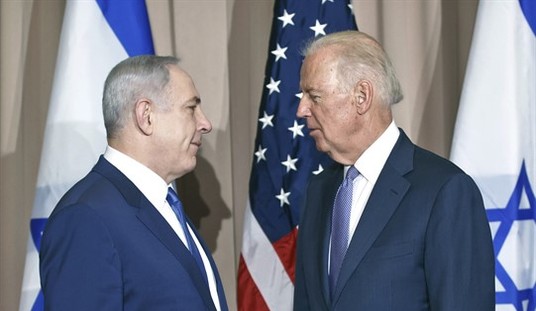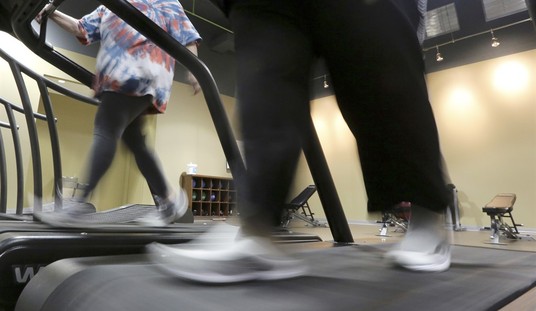Soheila Fors, a Christian Iranian-Swedish women’s rights activist and writer, shared her experience of being turned away from a Somali dress shop — because she wasn’t wearing a hijab. But she said she wouldn’t report the discrimination to the authorities out of respect for the Somalis’ religious freedom.
“One day I went to a city and visited a Somali shop,” Fors wrote on Monday in the Swedish news magazine Nyheter24 (as translated by Google translate). “As I stood at the dresses, a man came in who must have been the owner of the men’s department and said in Somali, ‘We do not sell to her. She has no hijab … Iran …'”
Fors, who was born in Iran, joined the resistance to Ayatollah Khomeini, and moved to Sweden in 1993, explained that Somali “has common words with Arabic so I understood some.” The man’s reference to Iran might suggest he recognized her, but the only thing Fors could say for certain is that he discriminated against her because of the way she dressed.
After the man spoke to the woman who was showing Fors around the shop, the woman turned to her and said, “Unfortunately, you can not buy it.”
“Imagine going to a store and not buying food and milk,” Fors shot back.
“Sweden is a democracy,” the Somali woman responded. To this, the Christian woman said, “Yes, yes, it’s a democracy. I’ll get in with or without hijab.”
Fors said she left the store angry, “discriminated against by clothing and religion in the home of freedom.” She lamented that “in a Swedish shop in a mid-Swedish city, I had returned to Iran’s religious oppression.” Indeed, a Saudi woman just this month faced arrest after posting images of herself walking in public wearing a miniskirt and crop top.
The Iranian-Swedish woman suggested that there would be a huge negative response “if a Swedish business discriminated against someone because of clothing, religion, sex or sexual orientation. Or does religious freedom and democracy mean that some have the right to discriminate?”
When Fors went public with her story, another woman told her story. When she reported discrimination on the basis of religion to the authorities, the government responded “that she would not be so easily impaired.”
The Christian woman said she would not report the discrimination because it would “affect vulnerable women” and also “lead to conflicts between my countrymen and the Somali group.”
Rather than an official complaint, Fors suggested public pressure. “We can use our consumer power,” she wrote. “We will make sure that business owners do not discriminate against customers before doing business with them.” She called for a boycott against any company engaging in religious discrimination.
Fors declared that she did not want to start a “legal process” but a “moral” one. “Religious freedom gives no right to discriminate.”
The Christian woman from Iran has reportedly received death threats from people identifying as members of the Islamic State (ISIS) for her activism against female genital mutilation and her opposition to the restrictions of women’s rights in Muslim-majority countries.
Europe is facing a social, cultural, and religious crisis of epic proportions. In April, a German judge essentially acquitted a Turkish man of rape because his forced violent sex was “culturally not rape” in his mind.
Earlier this month, Bruce Bawer reported that in Sweden, “rapes by Muslim men are systematically ignored by the authorities or responded to with minimal punishment.” Many of these rapists have sexually abused small boys and girls. By freeing them, “Swedish judges care more about the safety of foreign rapists than that of Swedish children.”
The Swedes are also burning books written by their own great authors. This kind of cultural suicide is extremely dangerous. But hey, at least it gets Sweden the number one spot on the U.S. News and World Report ranking of the best countries for immigrants.
Sweden might be the best country for immigrants, but if Fors’ story is to be believed, it is far from the best country for women’s rights — not just when it comes to rape, but also when it comes to trying to shop without a hijab.








Join the conversation as a VIP Member